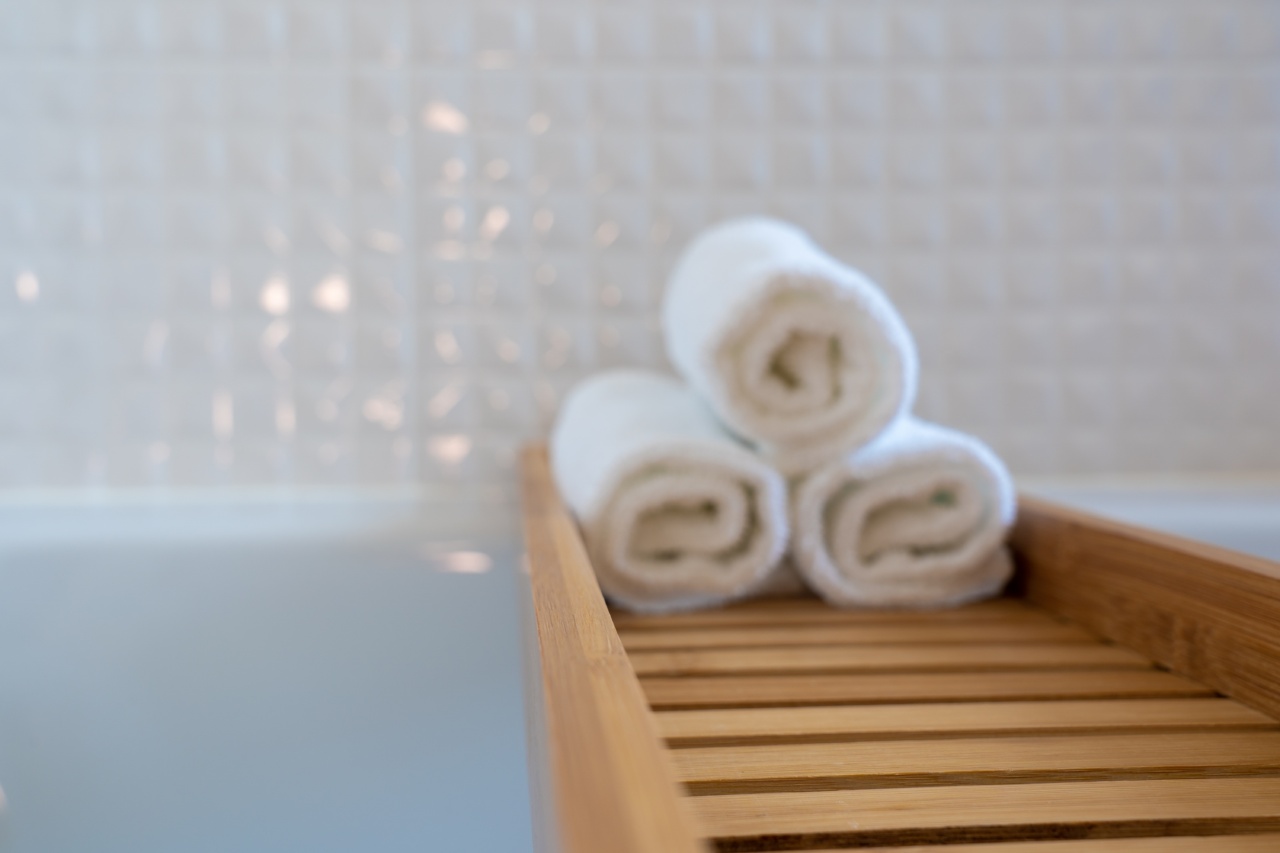Proper maintenance and cleaning of contact lenses are essential for maintaining good eye health.
When not cleaned and disinfected correctly, contact lenses can become a breeding ground for bacteria and other microorganisms, increasing the risk of eye infections and other complications.
The Centers for Disease Control and Prevention (CDC) suggests the following three key tips to keep your contact lenses clean and your eyes healthy:.
Tip 1: Wash Your Hands Thoroughly
Before touching your contact lenses, it is crucial to wash your hands properly to reduce the risk of transferring dirt, germs, and oils to your lenses and eyes. The CDC recommends the following steps for hand hygiene:.
- Use clean, running water. Wet your hands and apply soap.
- Rub your hands together to create a lather. Make sure to scrub all surfaces, including the backs of your hands, between your fingers, and under your nails.
- Continue rubbing your hands for at least 20 seconds.
- Rinse your hands well under clean, running water.
- Dry your hands using a clean towel or air dryer.
Tip 2: Clean and Disinfect Your Contact Lenses Properly
Cleaning and disinfecting your contact lenses is a crucial step in preserving their clarity and preventing infections. Follow these guidelines recommended by the CDC:.
- Remove one lens and clean it using a multipurpose solution or the specific lens solution recommended by your eye care professional. Gently rub the lens with your fingers to remove debris.
- Rinse the lens thoroughly with the solution to remove any loosened debris.
- Place the lens in a clean lens case filled with fresh solution and close the case tightly. Repeat the process for the other lens.
- Let your lenses soak for the recommended time according to the solution’s instructions. Avoid keeping lenses in the case for longer than instructed as it can impact their disinfection efficacy.
- Before wearing your lenses, rinse them with the solution recommended by your eye care professional to remove any residual disinfectant.
- Replace the lens case regularly to prevent microbial contamination.
Tip 3: Follow Proper Lens Care and Replacement Schedules
The CDC emphasizes the importance of following the care and replacement schedules recommended by your eye care professional.
These schedules ensure that your lenses remain in good condition and provide optimal vision while minimizing the risk of eye infections.
Disposable contact lenses should be replaced according to the schedule provided by your eye care professional. Some lenses are meant for daily disposal, while others can be worn for a specific period, such as two weeks or one month.
Keep track of when it’s time to discard your current pair and replace them with new ones.
If you have extended-wear lenses, which are designed for overnight wear, make sure to follow your eye care professional’s guidance on how long you can safely wear them.
It is crucial not to exceed the recommended duration to avoid potential eye problems.
Regularly visiting your eye care professional for comprehensive eye exams is also essential to monitor your eye health and ensure your contact lens prescription remains suitable for your eyes.
Conclusion
Proper care and maintenance of contact lenses are vital for maintaining good eye health.
Following the CDC’s three key tips – washing your hands thoroughly, cleaning and disinfecting your lenses properly, and adhering to the care and replacement schedules – will help minimize the risk of eye infections and other complications associated with contact lens use.




























